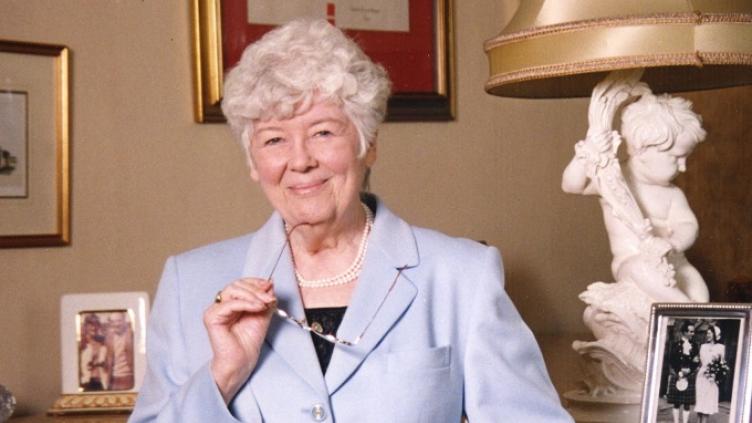John Charles Walsham Reith was born on 20 July 1889 at Stonehaven, Kincardineshire. He was the seventh, and youngest child, of the Reverend Dr George Reith, a minister of the Free Church of Scotland, and his wife Adah Mary Weston, the daughter of a wealthy London stockbroker.

John Reith’s birth entry, 1889
National Records of Scotland, Statutory Register of Births, 258/1 58
Reith spent his early years in education at Glasgow Academy and Gresham’s School in Norfolk before his father apprenticed him to the North British Locomotive Company. Reith joined the 1st Lanarkshire Rifle Volunteers, and in 1911 he was commissioned in the 5th Scottish Rifles. When the First World War began, he was posted to the Western Front as a transport officer. In October 1915 he was hit on his left cheek by a sniper’s bullet, which ended his active service.
In 1921 Reith married Muriel Odhams, and they had a son and a daughter. Whilst looking for work in 1922, he saw a newspaper advertisement for a general manager of ‘The British Broadcasting Company (in formation)’ and, despite having no experience in the field, was successful in his application.
The first transmission from BBC radio took place on 14 November 1922 from London. The next year, the first outside broadcast took place – the British National Opera Company’s production of 'The Magic Flute' from Covent Garden on 8 January, and on 6 March the first broadcast from the Glasgow radio station 5SC.
The BBC was given its first Royal Charter in 1926 and became a public corporation. Reith became its first Director-General and was awarded a knighthood in 1927. His leadership at the BBC saw the introduction of national broadcasting to schools, BBC microphones covering sporting events such as racing at Aintree and the Thames boat race, commentary on the trooping of the colour and the first experimental television transmission in 1929.
Reith was ambitious in trying to develop the BBC to inform and educate its listeners in innovative ways. He helped persuade King George V that the radio was not just for entertainment and in 1932 the King gave his first Christmas broadcast. It was Reith himself who introduced Edward VIII to announce his abdication in 1936. His time at the BBC came to an end in 1938 when Neville Chamberlain, the Prime Minister, asked him to leave and assume the chairmanship of Imperial Airways.
The Second World War halted civil aircraft production and civil aviation was subordinated to the military. Reith found himself without a job. Chamberlain made him Minister of Information; Churchill moved him to the role of Minister of Transport and then into the House of Lords. Reith entered the Royal Navy Volunteer Service and served as a Lieutenant Commander until 1944. For his contributions to the war effort Reith was made a Companion of the Order of Bath, a distinction not previously accorded to any civilian, privy councillor or former minister.
Reith marked his seventieth birthday in 1959 by climbing Cairngorm, Scotland’s fifth highest mountain. In 1970 he accepted grace and favour apartments in Moray Place, Edinburgh, where he lived with his wife until his death on 16 June 1971. There was a funeral service at the Thistle Chapel in St Giles Cathedral, Edinburgh, and the BBC marked his death. Reith’s ashes are buried at Rothiemurchus, Inverness-shire.


